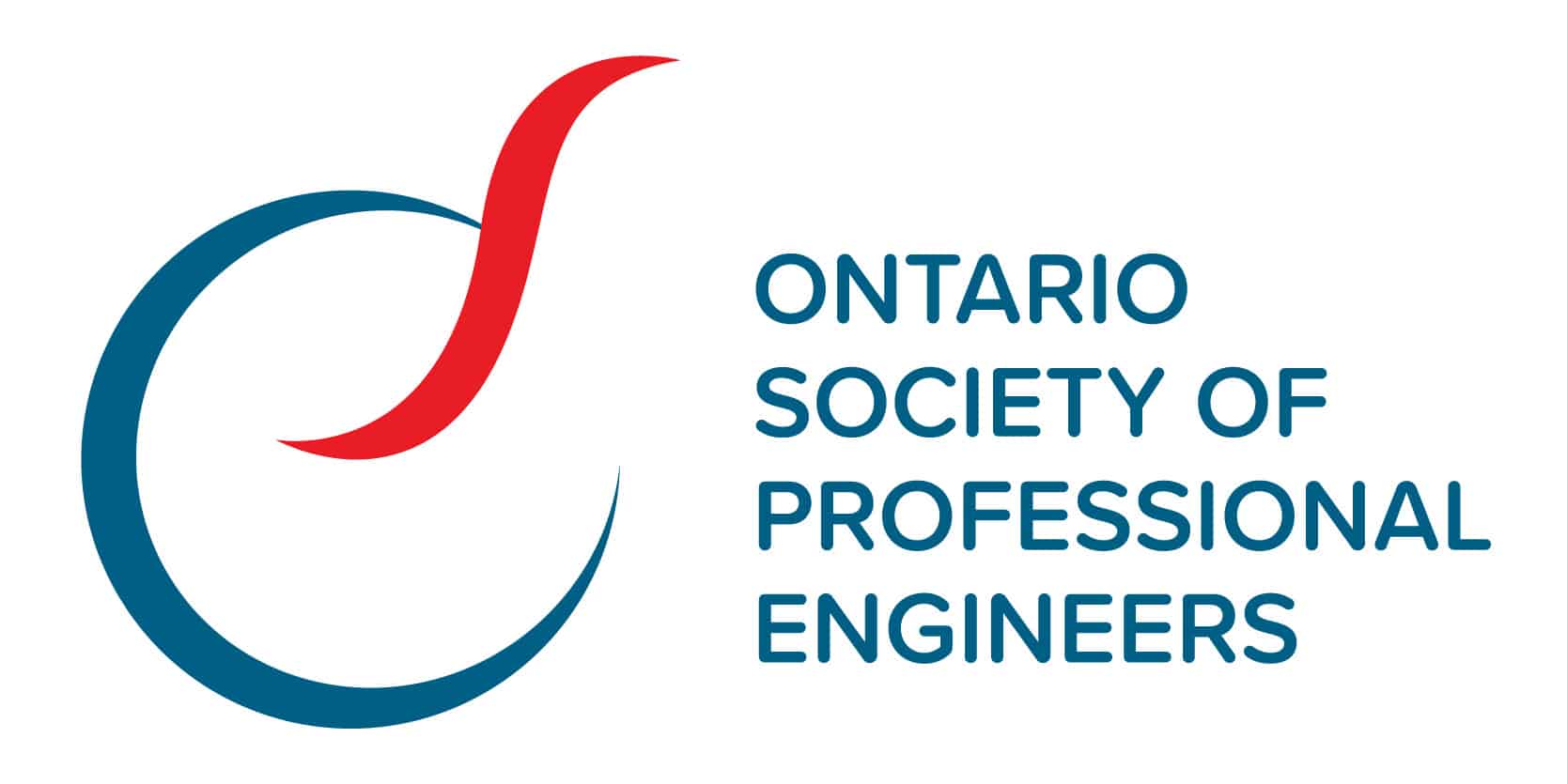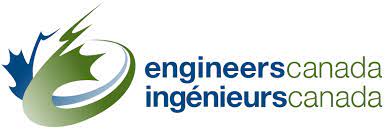
Empowering Women in Tech: Insights from TELUS Women in Engineering
In celebration of National Engineering Month, we’re highlighting notable leaders in Canada’s engineering fields to explore their evolving perspectives on the technology industry.
We had the privilege of speaking with two innovative and inspiring tech leaders at TELUS who are championing AI adoption and enablement across their business – Ivey Chiu, a senior strategy manager who manages special projects and innovation within the AI Accelerator Team and President of the TELUS Engineering Community (TEC), and Sara Ghaemi, a software developer in the Platform Engineering team. During our conversation, we delved into their diverse experiences, insights, and career journeys in the dynamic field of technology.

Ivey, how do you nurture diversity within your teams to enhance innovation?
At TELUS, we’re dedicated to bringing together our diverse community of technical professionals through the TELUS Engineering Community (TEC), a group that unites approximately 1,500 team members who share a common passion for technology and innovation. By sharing our insights on recent developments in the field, we foster continuous learning and encourage team members to explore new areas beyond their expertise, ensuring that we stay ahead in a rapidly evolving industry. Diversity is also a core value in TEC. We hold a forum for women in STEM, recognize the importance of addressing underrepresentation, and collaborate with other women’s groups across TELUS to promote inclusivity and provide pathways for women currently in or interested in technology. We also host events that cover a variety of topics and cater to diverse interests. From AI and quantum computing to open-sourcing and understanding intellectual property, there’s something for everyone.
Ivey, in your experience, what is the importance of diversity and inclusion in the field of technology?
Women bring a lot of value and unique perspectives to the development and delivery of technology solutions. Therefore, it’s crucial to ensure that any technological innovations are inclusive and accessible to as many people as possible. This means considering physical differences, such as height and reach, as well as diverse perspectives, as women and other groups may interact with and perceive the world differently. As we navigate the AI revolution, the importance of representation becomes increasingly clear, particularly in AI development.
Sara, would you like to add anything to what Ivey just said?
Ensuring diversity and inclusion is built in the very foundation of artificial intelligence is crucial because these AI models are trained based on the data they receive. Essentially, if the input data is biased, the resulting model will also reflect those biases – a concept known as “bias in, bias out”. For instance, if you ask AI to generate an image of a CEO of a large company, it often produces an image of a white man in a suit, rather than a woman or someone from diverse backgrounds. Conversely, when we prompt it to generate an image of a nurse, more often than not, it will create a woman. This underscores the importance of diversity in AI research and development to ensure that we mitigate such biases in our models.
Sara, what recent technological advancement has inspired you the most, and how do you see it shaping the future?
This is a really exciting time to work in AI, particularly in the realm of generative AI. The recent advancements in this field are truly revolutionary and I’m incredibly optimistic about what lies ahead. TELUS has been making incredible strides in AI and we’re at the forefront of scaling generative AI for our team members and customers. We’ve developed a suite of internal generative AI platforms and tools to empower our team members to safely experiment with this technology, fostering a culture of innovation and trust. With over 22,000 team members already utilizing our AI-powered tools in ways we never imagined, it’s clear that the potential for generative AI to enhance productivity and efficiency is immense. By automating repetitive tasks and providing valuable assistance, our AI tools enable team members to focus on innovation and problem-solving, ultimately driving positive change and progress. However, with great power comes great responsibility and at TELUS, we’re committed to ensuring that our AI solutions are used ethically and responsibly. We have a dedicated responsible AI team that conducts thorough testing and analysis to uphold ethical standards and implement necessary guardrails, creating a safe and inclusive environment for all users. Looking ahead, the potential of generative AI to revolutionize our daily lives is vast and I’m thrilled to be part of this transformative journey at TELUS, where we’re leading and influencing the responsible adoption of this technology.
Ivey, can you share a project or initiative at TELUS that exemplifies the power of collaboration across diverse perspectives?
We’ve been working on an exciting project with the Vector Institute, an AI research institute established as part of the Pan-Canadian AI strategy in 2017. The Vector Institute approached us to apply advanced AI techniques to reduce greenhouse gas emissions, a cause that resonates strongly with TELUS and our commitment to sustainability. Working together with the Vector Institute, we developed an algorithm to reduce electricity consumption in small data centers. Despite the challenges of AI implementation, we navigated through stakeholder engagement and saw promising results, achieving up to a 20 percent reduction in electricity consumption during hot summer months. This collaboration showcases the power of teamwork and involves diverse stakeholders to achieve tangible benefits.
This question is for both of you. In a rapidly evolving tech landscape, how do you encourage your team members to stay curious and adaptable?
Ivey: I believe one of the crucial aspects of a community like TEC is its role in bringing together team members who share a passion for learning and collaboration. This helps innovation thrive, fueled by a diverse array of events and forums that offer opportunities for informal networking and formal learning sessions on exciting topics that may be outside of an individual’s expertise such as AI, quantum computing, open-source software, and intellectual property law. Through webinars, meetups, and courses, both virtual and in-person, TEC embodies our workplace culture of continuous learning and innovation. Our team members generously share their expertise with others, creating a culture of knowledge exchange and mutual support that enriches our collaborative spirit.
Sara: I think you articulated it very well, Ivey. I’d like to add that at TELUS, one of our core values is embracing change and innovating courageously. This value truly reflects our culture, which is evident in our daily operations. We provide numerous tools and technologies to support continuous learning among our team members, making it easier and faster to access relevant content and seek assistance, especially with the integration of generative AI. Additionally, teams dedicate time each week to research and learning, fostering transparency and knowledge sharing. Internally, we maintain open channels for discussing the latest technology trends and engaging in informal discussions, creating a supportive and collaborative environment.
What advice would you both give to young people aspiring to pursue careers in technology, particularly within a company like TELUS?
Ivey: One piece of advice I consistently offer, which may not seem technology or engineering-specific, is to cultivate deep networks. By this, I mean engaging in activities that genuinely interest you, beyond solely attending AI or software development meetups. Participating in clubs like a Run Club or a Book Club provides an opportunity for you to connect with team members who share similar interests and helps you grow your network over time. Additionally, maintaining contact with classmates is crucial – the relationships formed during your academic years can prove invaluable in the future. Most of my career opportunities have come through network contacts.
Sara: As I often like to tell junior team members, “What got you here won’t get you there.” To truly grow and thrive in the ever-changing tech industry, it’s crucial to develop a passion for learning and adopting new technologies and tools, rather than sticking to familiar ones. You shouldn’t be afraid to experiment and embrace failure as a part of the learning process. Creating a safe space for both yourself and team members to experiment and try new things is key. Continuously evaluating and adapting your approach is essential for growth and advancement as you pursue your journey of continuous learning.
I’m curious to know what got you both interested in technology.
Ivey: I’ve always been interested in technology. My dad was an electrician, so he often brought bits and bobs home from work for us to play with. And, what truly set me on the path to engineering and technology was attending Shad Valley (now known as Shad Canada) one summer when I was in high school. This science, engineering, and entrepreneurial camp, where I spent a month on the University of Waterloo campus, was eye-opening. It showed me how science and engineering intersect with entrepreneurship, shaping potential career paths for myself. I highly recommend this program to parents of high school-aged kids interested in technology – it offers an invaluable, immersive summer experience for teenagers interested in these fields.
Sara: Since I was young, I was fascinated by understanding how things, especially electrical devices, worked. Even though my parents are not engineers, I would often disassemble broken items around the house to better understand them. My dad even began paying me for fixing things, which only fueled my curiosity. Thanks to the support of my school and parents, I had plenty of opportunities to experiment. In high school, I immersed myself in robotics, participating in various competitions with a dedicated team. This experience led me to pursue a bachelor’s degree in electrical engineering and later a master’s degree in software engineering and intelligent systems at the University of Alberta.
Looking back at your careers, what factors would you say contributed to your success?
Ivey: I have been fortunate to have had women role models in technology throughout my career and graduate school tenure. In my first job, the co-owner of the company where I worked was a woman. It was inspiring to see a woman in such a high leadership position within the engineering field. Similarly, during graduate school, both my supervisor and the chair of the graduate program were women, serving as strong role models. Despite the statistics indicating that only about 30 percent of engineering program graduates are women, having these strong female role models in engineering showed me the possibilities and encouraged me to pursue my goals.
Sara: Women role models have always had a significant impact on my career, especially at TELUS. Seeing female engineers and researchers leading in this space as well as having supportive allies, including mentors and sponsors, has played a crucial role in my career growth. At TELUS, we believe in the power of mentors and sponsors. Mentors offer valuable guidance and knowledge sharing while sponsors actively promote and advocate for your growth, even when you are not in the room. These relationships have been instrumental in my career development. I also want to highlight TELUS’ Graduate Technology Leadership Program (GTLP), which I joined after completing my Master’s degree. This rotational program allowed me to work with three different teams across the organization, providing invaluable exposure to various aspects of the business and as well as an opportunity to polish my technical skills.
Learn. Grow. Thrive. Together.
National Engineering Month is Ontario’s platform for celebrating the remarkable world of engineering. With a dynamic mix of insightful discussions, industry expertise, and diverse viewpoints, we’re showcasing the best of the profession. Join us in advancing engineering excellence, igniting interest in future professionals, and recognizing the vital role engineers play in society. Be a part of the #NEM2024 experience by attending an event. Explore all the exciting details at nemontario.ca.


